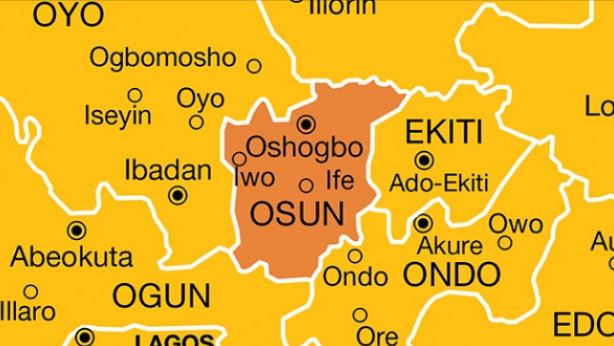Dotun Ayeni, a UK– based Nigerian researcher, has published the first African research on idiosyncratic deals (i-deals), a field of modern management.
According to a statement on Wednesday, the research, published by SAGE, an international journal, focused on a new perspective of individualised working arrangements between an employee and an organisation to improve employability.
The research is titled ‘Temporal contexts and actors vis-a-vis i-deals’ timing and creation: Evidence from Nigeria’ and was accepted by the influential journal group and organisation management in July 2022.
The paper was co-authored by Sara Chaudhry and Maryam Aldossari of Birkbeck University of London and Aston Business School and published on September 26.
Advertisement
According to the paper, i-deals are conceptualised as “voluntary personalized agreements of a non-standard nature negotiated between individual employees and their employers” at distinct time points in the employment lifecycle.
They may involve opportunities to develop skills and competencies in line with personal career aspirations (known as developmental i-deals)
Ayeni obtained a bachelor’s and two master’s degrees at Ibadan, Lagos, and Edinburgh, respectively, and is currently rounding off a PhD in management at Edinburgh University Business School.
Advertisement
While commenting on the research, she said 62 participants working in three service-oriented organisations were surveyed on employer and employee perspectives on i-deals for more than two years in UK and Nigeria.
She said 40 percent of the participants reported had negotiated and received i-deals either during hire (ex-ante) or after hire (ex-post), while 100 percent of all managers interviewed revealed they had granted i-deals to direct reports at one time or the other.
Ayeni added that the three organisations surveyed hired over 375 staff and have revenue of over N7 billion.
“It is an honour to not only have the first empirical paper from my PhD published by SAGE but also to go on record as the first of such research work not only from my home country Nigeria but from all of Africa,” Ayeni said.
Advertisement
“As the world of work continues to change rapidly and the employer-employee dynamic witnesses a reinvention and reimagination, I believe the management field will benefit by paying attention to nuances shaping the African experience of i-deals and its management.
“Very few empirical studies consider the responses of employers/managers (such as HR managers, supervisors and top management teams) to temporal constraints that may limit i-deals.
“Our more expansive consideration of organisational actors that explicitly included employers/managers highlights that a range of tactics such as delaying timing, offering alternatives, taking charge of negotiations and initiating i-deals are strategically deployed by these agents to (re)construct temporal constraints. For example, strategies involving delay may involve a promise of future ideals.
“Due to advancements in technology evidenced by increased automation and a growth in demand for employees with skills in the area of critical thinking, data analytics and problem-solving, Nigeria has witnessed glaring skills shortage, so much so that employers are doing all they can to hold on to talent, including granting and offering i-deals.
Advertisement
“The after-effects of a global pandemic, rapid technological advancements and the growing need for organisations to attract, engage and retain talent have impacted the rise in requests for i-deals. Therefore, employers will increasingly have to rethink how best to personalise the employee experience through i-deals, we-deals or by offering cafeteria-style benefits.”
Speaking on the paper, Michelle O’Toole, head of the organisation studies group at Edinburgh University Business School, described it as a “world-class research” that provides skills for future employees.
Advertisement
“As a research-intensive Russel Group University, we are proud of the innovative and exciting research carried out by our esteemed Doctoral colleagues. Our PhD programme supports each of our candidates to produce world-class research, thus providing them with skills for the future to pursue whatever path they choose,” O’Toole said.
“This paper, led by Dotun, is significant as it sheds light on a context that has, hitherto, received little research attention and demonstrates our support for research diversity – in particular, the potential to offer insights into issues that affect the African continent.”
Advertisement
Yannick Griep, editor of Group & Organization Management (GOM), commended the paper, adding that “we are happy to be associated with this paper due to its significance for African workers and their employers. As an international journal for scholars and practitioners, we offer all scholars an opportunity to share their research, reaching millions of readers worldwide and provoking change”.
Advertisement
Add a comment






